So, we have a sold-out London event on Monday, launching our film, book and online course. And all week I’ve been agonising — with the others involved — about whether to cancel it or not, in light of the coronavirus pandemic.
At the time of writing (Thursday morning) the advice from the UK government and Public Health England is clear. Keep calm and carry on. Cancelling events would be too soon and could even be counterproductive.
And yet advice from analysts I trust and some established medical experts is quite different…
On one level it seems an easy decision – despite all the organisational efforts that have gone in, the financial costs of cancelling etc, lives are potentially at risk, and a society starting social distancing even a day earlier can make a huge difference.
On the other hand, I see two considerations. Firstly, even though I don’t agree with the UK government’s decision to continue to delay social distancing measures – and we would unquestionably comply if society as a whole had decided to limit social gatherings – does taking a unilateral decision while much else continues as normal actually make a difference, especially if we take all the precautions we have planned?
And more importantly, coronavirus is not the biggest challenge we face today.
And that’s the thing – while coronavirus now looks as though it could kill tens of millions of people globally, the whole impetus of Monday’s event is to launch ideas and conversations that address unfolding crises that are on course to doom billions of humans this century. And are already devastating the natural systems that make all life on Earth possible. Crises too, that share that critical characteristic whereby acting a little sooner (or not) has huge repercussions.
My first book back in 2009 noted that more people died in the 1918 ‘Spanish flu’ pandemic than in both World Wars put together, and that our travel habits would spread future pandemics with extreme speed.
Yet, for good reason, that was not my focus. Instead I explored the systemic and economic changes that would be necessary to avoid the yet more horrific consequences of untrammelled economic growth and its attendant ecological devastation in this time of depleting resources.
The book helped inspire a movement – and I have since been involved in many others, from Occupy to Extinction Rebellion – but they didn’t (yet?) shift our collective course away from that devastating path. And from that perspective, it’s fascinating to see the response to this pandemic.
If we think of ‘coronavirus awareness’ as a movement, it’s been incredibly successful at attracting attention. And is rapidly bringing into place measures and responses that would have been deemed unthinkable and impossible disruptions to the economy in response to other threats.
Many have noted the inconsistency, and indeed detailed the characteristics that make us so vulnerable to climate apathy, but fewer have noted that had we acted appropriately and curtailed globalisation to avoid destabilising our climate, we might not be facing a coronavirus pandemic at all.
Because these crises interlock – they are not separate issues competing for attention; they are two symptoms of global emergency. The pandemic is not some external ‘act of God’ event threatening our globalised way of life. It is a direct consequence of our globalised way of life, with its international flights, long supply chains and all the rest.
And these are exactly the kinds of interacting crises that we’re going to see more of as we continue on this omnicidal path. As Chris Shaw has asked, what do you do if you’re self-isolating and you’re told to evacuate your community due to flooding? How do you cope with coronavirus when you’re already weakened by food shortages, or drought, or economic crisis? Or all three?
Our planned launch is grounded in the work of the late David Fleming, whose posthumous books provide the basis for all the new conversation-starters and resources that we are launching. And we are beginning to experience what he termed ‘the climacteric’:
“The convergence of events which can be expected in the period 2010-2040…including deep deficits in energy, water and food, along with climate change…degraded ecologies, the failure of keystone species such as bees and plankton. This could be followed by economic and social fracture…and these events may be expected to lead to large movements of refugees and to steep reductions in population comparable with those associated with the climacterics of previous civilisations.”
So there is no question that lives hang in the balance anyway, if in a way that is harder to quantify. We are discussing issues that inescapably involve mortality.
Nonetheless, if we hold the event it is possible that, with hindsight, someone’s death might be traceable back to that decision. That certainly weighs heavily on me.
Equally, the same is true of every gathering at present, and London is still thronging, football games with tens of thousands in attendance are still going ahead, etc.
By contrast, one of my closest friends is from Italy – my thanks to her for inspiring this blog post as I wrestled with the decision last night – and has been in close contact with friends and relatives there as society has shut down (now only pharmacies, supermarkets and banks are allowed to open).
She has seen attitudes change as people there have come to terms with the growing numbers of deaths – memes mocking the ‘paranoid’ giving way to a real sense of social solidarity where it would feel despicable to put others at risk by breaking isolation unnecessarily. As this brilliant piece has argued, this crisis could be a call to a necessary rebirth of cooperation, compassion, generosity and kindness, and building systems which institutionalize these values.
Equally it could set up a false binary in people’s minds that the only alternative to globalisation is awful. The classic criticism of any attempt to query whether our current path towards disaster really represents progress – “you want to take us back to the Stone Age” – might become “you want us to live like we did during the pandemic”.
Or then again, perhaps it is not completely inappropriate to think that we could remember it positively – the Blitz spirit of London in World War II, the sense of solidarity in surviving wars or natural disasters.
Paradoxically, seemingly even perversely, people often look back on such times with nostalgia, as Rebecca Solnit has documented. Why? Because in such times we rediscover what it is to be fully human – to collaborate and support each other in something that matters. To share jokes together that make us laugh and cry because the truth of them strikes so deeply. To know that we are needed. To be helpless and helped. To lose, and to grieve together. For better or worse, these are the times we never forget.
In this crisis, that might look a little different – care might be offered over the phone, for example, rather than in person – but it wouldn’t be the worst aim to try to cultivate this vivid aliveness in ways that don’t depend on the crisis, sickness and death that coronavirus brings.
Or perhaps more realistically – given that our short-termist globalised society is storing up no shortage of crises for ourselves – might it be possible to fashion it into a radically different, viable response to these critical times?
Have you noticed how over recent decades, our expectations of the future have gradually shifted? How maybe we used to quietly assume that life for the next generation would be better than ours, and now quietly assume the opposite? That is not the mark of a civilisation that is making good choices. That is not a show that we need to get back on the road.
In Fleming’s words “Forward movement is not helpful if what is needed is a change of direction“…
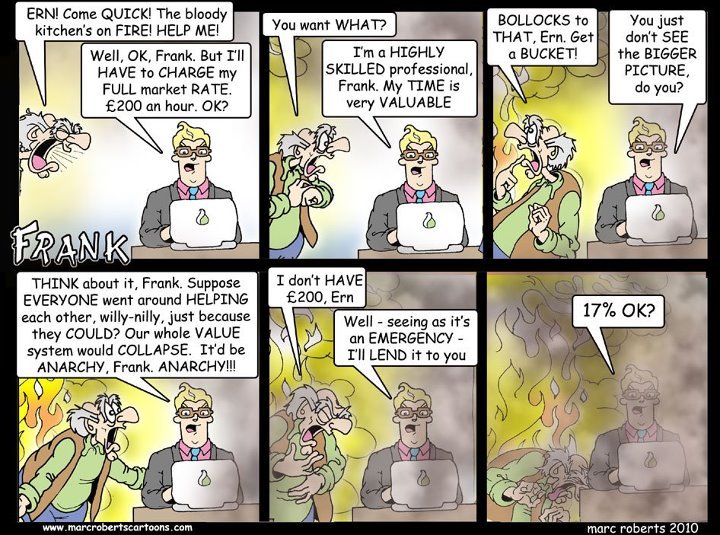
And his work lays out the most compelling vision I have yet encountered of how that sense of solidarity and self-sacrifice that is sweeping Italy could form the response to the post-growth era of economic, ecological and cultural crisis that we are moving into.
That is why I have gladly given so many unpaid years to bringing it to the world, and feel such peace with that course. And that is why I hope that this film, his posthumous books and our new online course continue to reach ever more people as we all try to make sense of life today.
I’ll admit that there can be a certain sense of ‘learned helplessness’ when you have been writing and speaking on these issues for so long and yet seen the dire consequences of our current path continue to pile up.
But perhaps the hope of coronavirus is that in bringing a taste of death and disruption home to much of the global north, it could cultivate a much stronger sense of compassion for those already suffering the consequences of the minority world’s way of life, and widen a deep determination to change course.
Chinks of light like this support for a ban on short-haul flights give me hope that perhaps appetite is growing to sacrifice (literally, to make sacred) some of our actions in the name of a better future, and to recognise the joy of solidarity again, both with each other, and with future beings.
Ultimately, for each of us our role is to be a force in that direction – to support and trust that people are waking up to the time we’re living through. Rob Hopkins – one of our planned speakers – has written a wonderful book on our need to reinvigorate our imaginations so that it is no longer “easier to imagine the end of the world than the end of capitalism”.
Let’s use this unusually unignorable crisis to give us a much-needed jolt in that direction – reminding us that we are capable of rapid, radical change – so that we might avoid the far worse consequences otherwise to come.
And on balance, in a country where restaurants, public transport and most workplaces remain busy, and its half a million cinema screenings a day are going ahead in line with the government’s advice, adding one more isn’t a significant contribution to spreading the pandemic, yet might just spark a significant contribution to finding a better way forward for our world.
We have extensively considered both postponing (likely to be for at least six months) and moving the event online (high risk of technical problems, less compelling content, smaller audience), but in the circumstances, I think going ahead with the gathering is the right decision.
(Update – Sat 14th March – due to a number of developments, including shifts in the government lead, our main camera/livestream operator developing a cough and so self-isolating, a ticket holder testing positive for COVID-19 coronavirus and a better idea for how we could run it online, I have reversed this decision.
The event will now be online only – join us here)
That said, I completely understand anyone who decides not to attend, and will offer them a full refund (email me, as Eventbrite doesn’t allow such late refund requests). And if you can’t be with us on the night – or choose not to be, as those in high-risk groups or their carers might well – I very much hope you will join us via Extinction Rebellion’s livestream, which we expect tens of thousands to watch.
We will of course continue monitoring developments over the weekend, in case anything significant changes. I fully expect that the government will change the guidance in the coming weeks, and once that happens it would clearly be irresponsible to go against it. Prospective attendees will also receive further information tomorrow on the precautions we will be taking on the night.
And in general, I will personally now be strictly curtailing my social engagements, to minimise the risk of becoming a spreader as the pandemic continues its deadly progress.
In love and solidarity,
Shaun


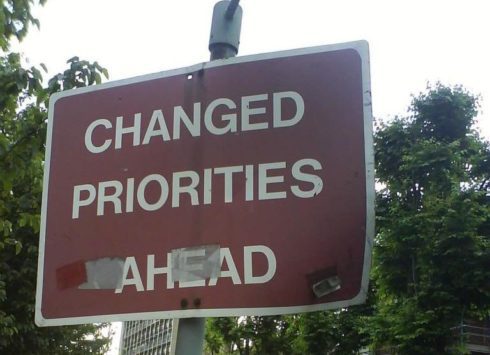
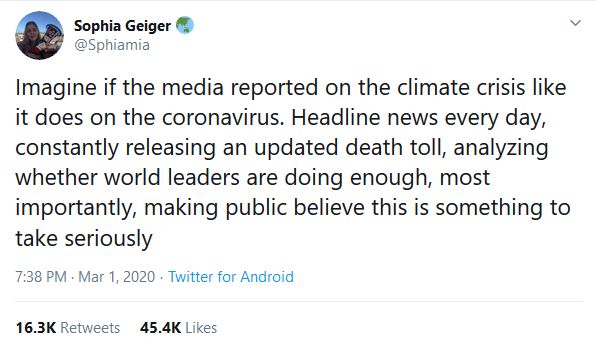
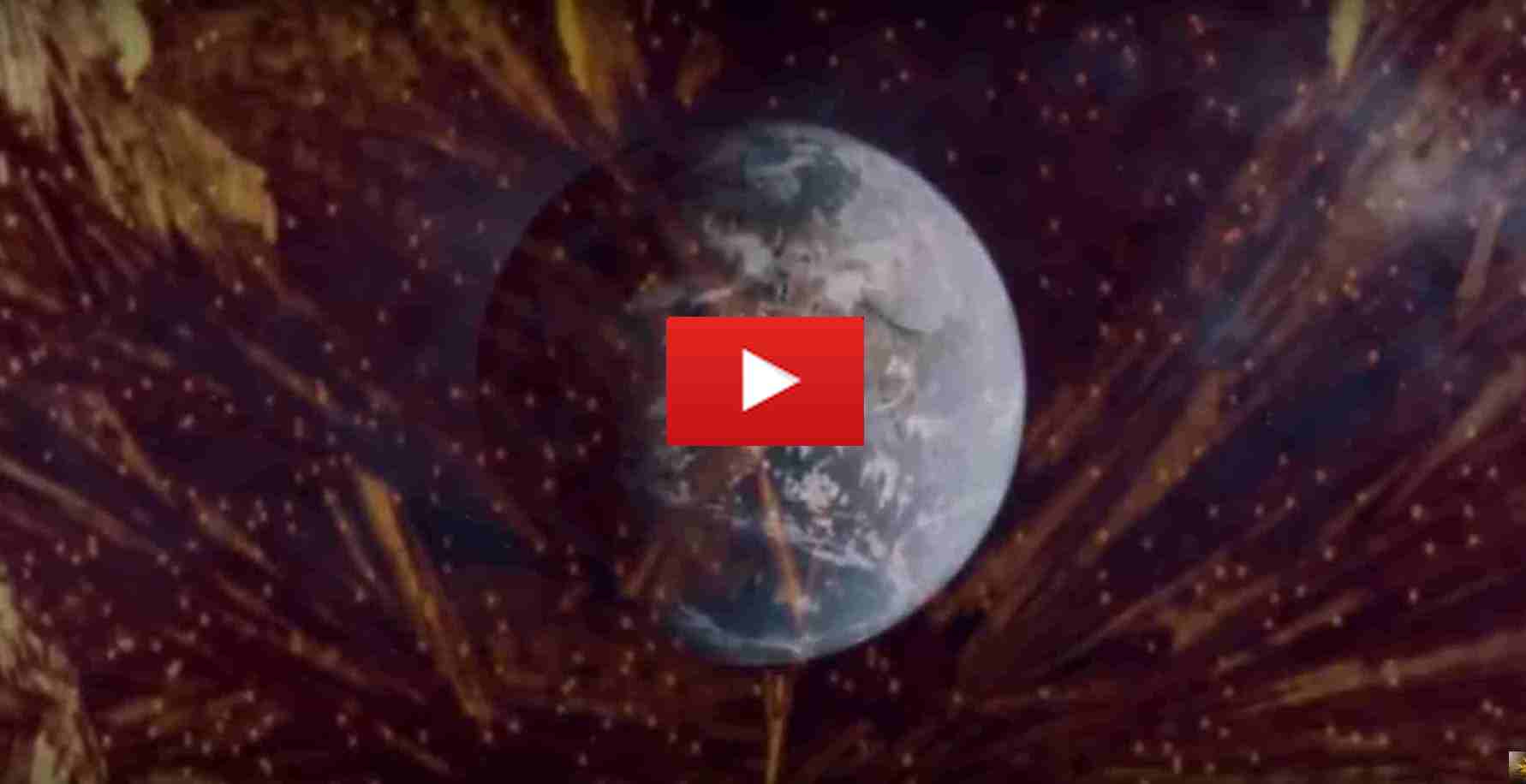
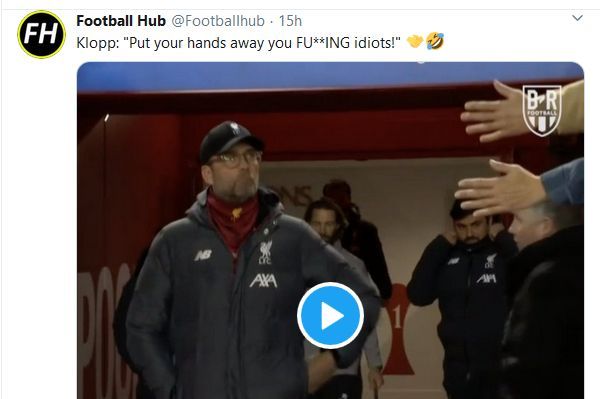

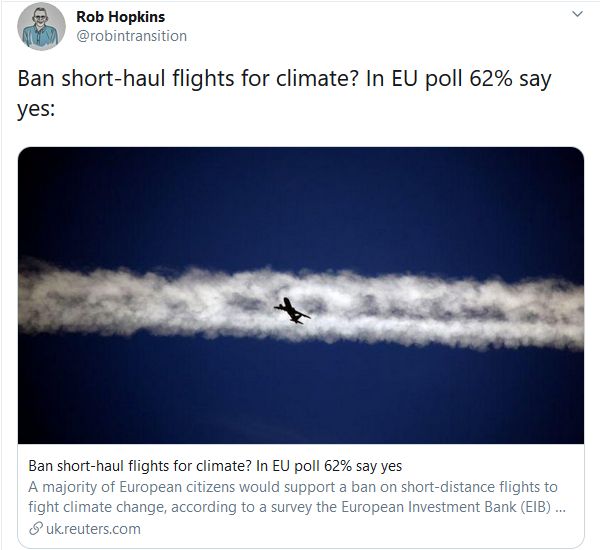


Hi Shaun. Just to say that I’ve also had to ponder on an event where I’m taking a couple of dozen people away shortly. Most of them are young, I’m prob the oldest and at 64 at most risk. We decided yesterday to strictly follow Scottish Govt advice and to go unless advice changes. These are folk who really need the break. They’d be mixing with one another in other contexts anyway. I’d prob be the only one hidden away writing. So bottom line, my decisions same as yours. (BTW, I’d be wary on the billions issue. Don’t consider it squares with the consensus science. I’m as wary of alarmism as denialism). Go well man. Alastair.
Thanks Alastair, that’s a much appreciated note.
All the best to all attending the launch. I would have been with you but have decided to stay in pretty much lock-down in rural Lincolnshire. A London trip would have made a significant difference to my chances of speeding up the pandemic.
(BTW Alastair McIntosh, ‘billions’ is the right order of magnitude in the context used. It really is. [/scientist, not alarmist])
Hi Shaun. Is it not as much about setting an example as about the ‘drop in the ocean’ impact of you cancelling one small event? If we believe the government is not taking anywhere near strong enough measures then we can demonstrate this by our own decisions. Most of the climate movement is based upon principled action that rationally is too small to make an impact…
Shaun if there is capacity, it would still be great to provide an online option with a chatbox and camera on the gathering. In general we need to get better at online meetings to reduce emissions and COVID19 is a great excuse for that at least.
Thanks all, and hopefully you were able to join us for the online event we hastily pulled together, viewed by over 12,000 people so far. It was an exhausting weekend, but we got there.
I also wanted to thank Michael for his comment, which I found thought-provoking as we agonised over the decision. Ultimately I decided that setting an example was a more nuanced matter.
To take an obvious example, I quit flying in 2002 for compassion reasons, but have taken one flight since. This was in the context of a family medical crisis where I was the only person who could help. I have no regrets about that, and would have no objections to others flying in similar circumstances. If we all took flying that seriously we would be in a much better position.
So although I decided to move Monday’s event online in the end, if we had gone ahead I would not have considered it to be setting a bad example. Indeed, writing the above post would have been an important part of explaining just how seriously I took the decision, and I would have hoped that others would follow that example.
I hope it’s helpful to share that, as we all think through how best to act and share in these times.
And I feel content that we found the right solution in the end, all huge factors considered.
Thanks again,
Shaun